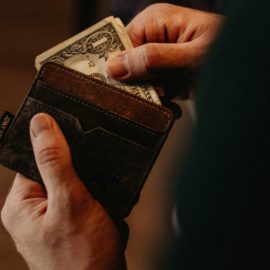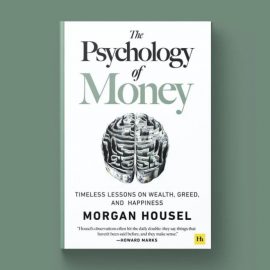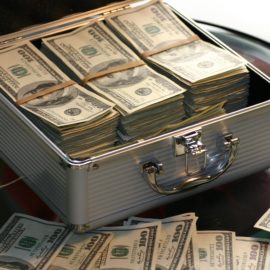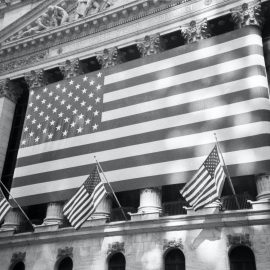
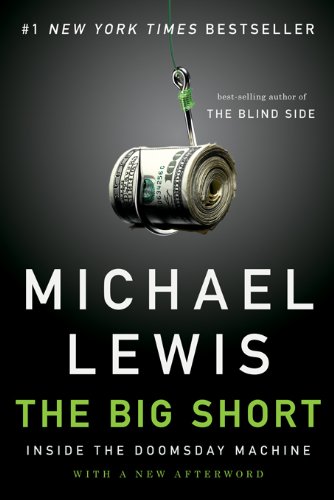
This article is an excerpt from the Shortform summary of "The Big Short" by Michael Lewis. Shortform has the world's best summaries of books you should be reading.
Like this article? Sign up for a free trial here .
What does a CDO manager do? How much can CDO managers make? What role did one CDO manager play in The Big Short?
A CDO manager is someone who manages collateralized debt obligations. A CDO manager may also repackage original CDOs (themselves repackaged bundles of mortgages) into new towers of bonds.
We’ll cover what CDO managers do, how much they can make, and why one CDO manager was ridiculed in the book and movie The Big Short.
The Big Short’s CDO Manager
In January 2007, Deutsche Bank employee Greg Lippmann flew investor Steve Eisman and his team out to a giant annual convention of subprime lenders, speculators, investors, and CDO managers.
Lippmann had Eisman meet a CDO manager named Wing Chau. Eisman hadn’t even known that there was such a thing as a CDO manager (because what was there to manage?), but here was one in the flesh. Chau was a middleman whose job was essentially just to take triple-B tranches of original CDOs (again, themselves composed of subprime mortgage bonds) and repackage them into new towers of bonds. He would then pass them off to unwitting investors like pension funds and insurance companies. And by buying more and more mortgages to immediately repackage and resell, CDO managers like Chau directly contributed to the demand for these bonds and the subprime mortgages of which they were composed. It was like a machine that nobody knew how to turn off.
And, to the disgust of Eisman, who was becoming a major player in the “big short” leading up to the 2008 financial crisis, this CDO manager depicted in The Big Short was paid obscenely for doing nothing more than shuffling around stacks of useless debt. He received a 0.01 percent fee off the top of the total CDO portfolio he managed, before any of the investors he theoretically served got paid anything. This, of course, gave the CDO manager every incentive to grow the pile of CDOs as large as he or she could, no questions asked about the quality of the underlying loans. And 0.01 percent was a lot when you were talking about billions of dollars. In just one year, a CDO manager like Chau could take home $26 million.
Lippmann knew that figure like CDO managers embodied everything that Eisman hated about Wall Street. This CDO manager was arrogant, mediocre, wildly overcompensated, and had his clients’ worst interests at heart. He was a living representation of the dumb wealth that Eisman found so appalling. Meeting this CDO manager was just the sort of boost that Steve Eisman needed to continue shorting the subprime market. Not only did Eisman stand to make lots of money, but he would do so at the expense of the CDO managers of the world. That was a powerful enough motivation all by itself. After he left the dinner, Eisman pulled Lippmann aside and told him, “Whatever that guy is buying, I want to short it…I want to short his paper. Sight unseen.”
———End of Preview———

Like what you just read? Read the rest of the world's best summary of "The Big Short" at Shortform . Learn the book's critical concepts in 20 minutes or less .
Here's what you'll find in our full The Big Short summary :
- How the world's biggest banks contributed to the 2008 financial crisis, greedily and stupidly
- How a group of contrarian traders foresaw the bubble popping, and made millions from their bets
- What we learned from the 2008 crisis - if anything

